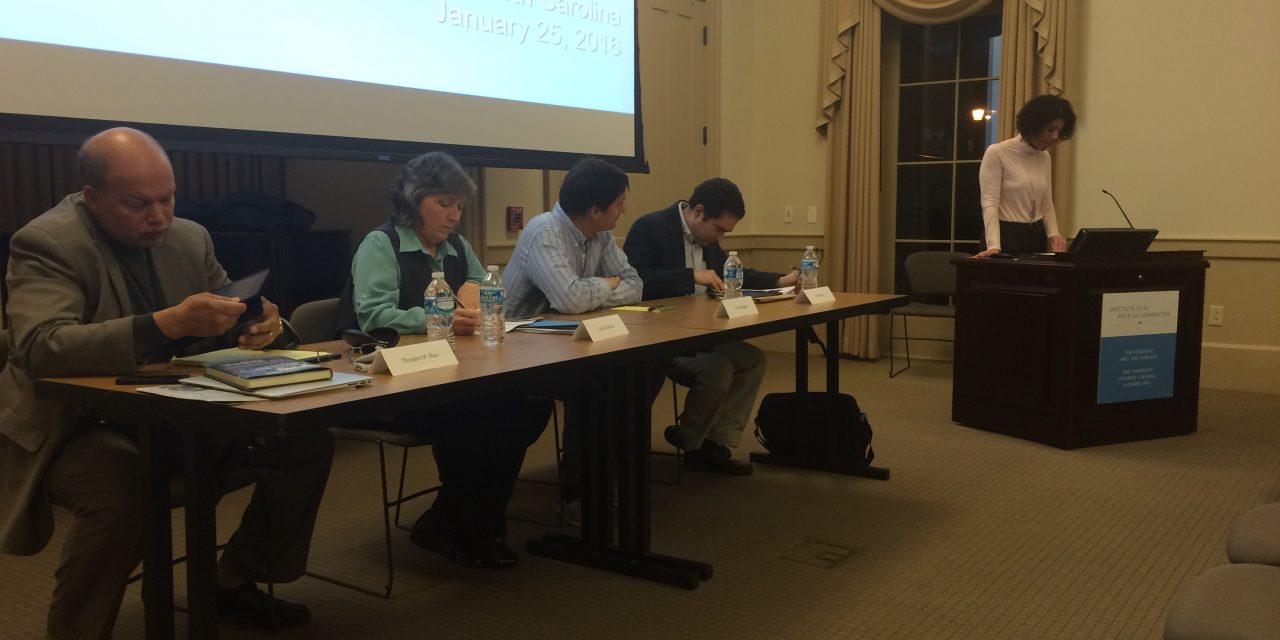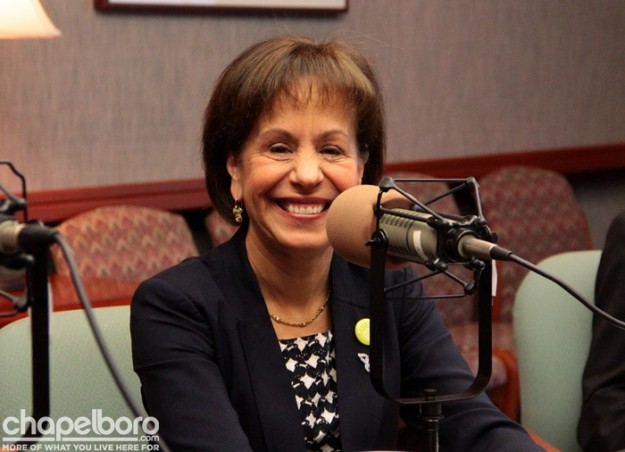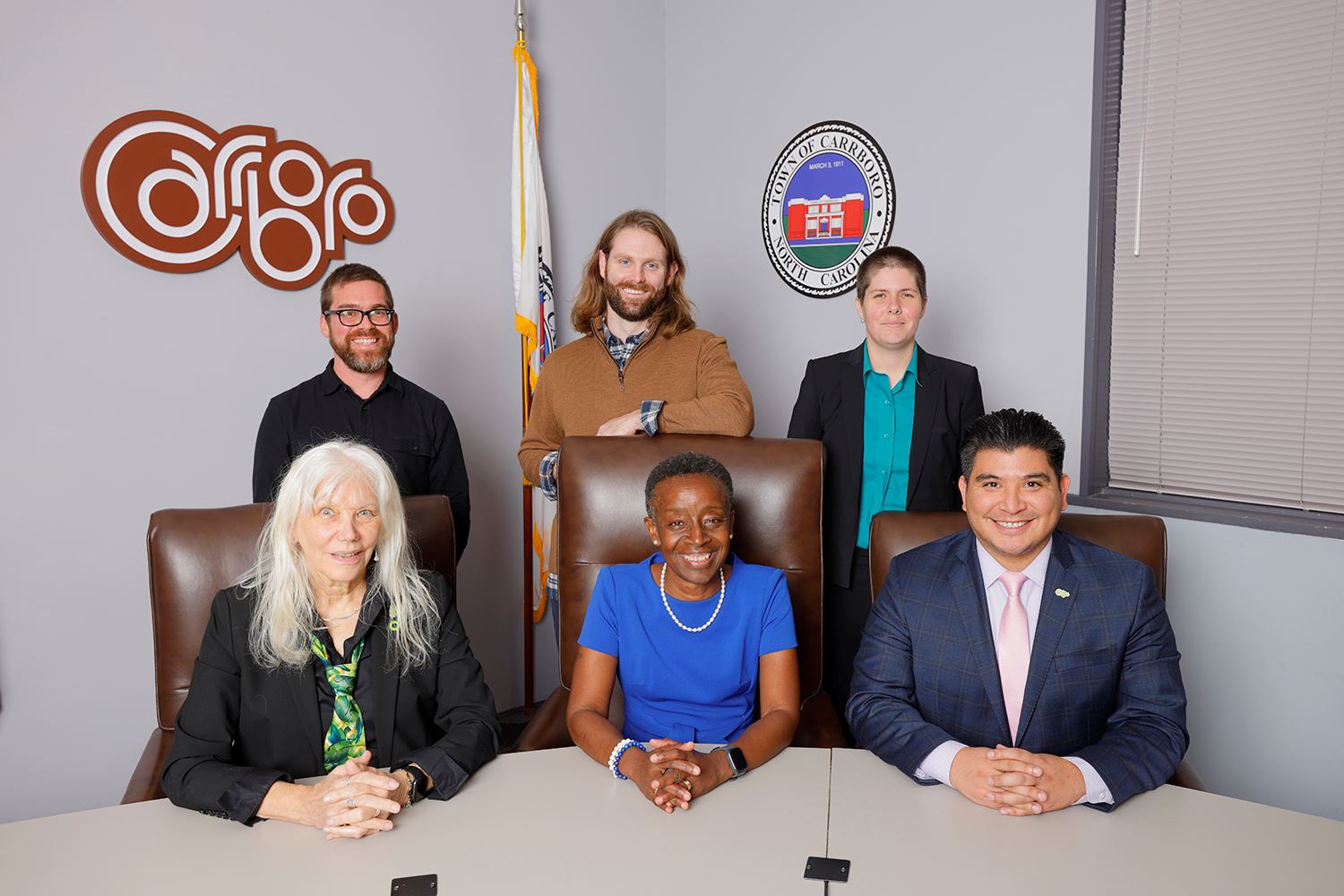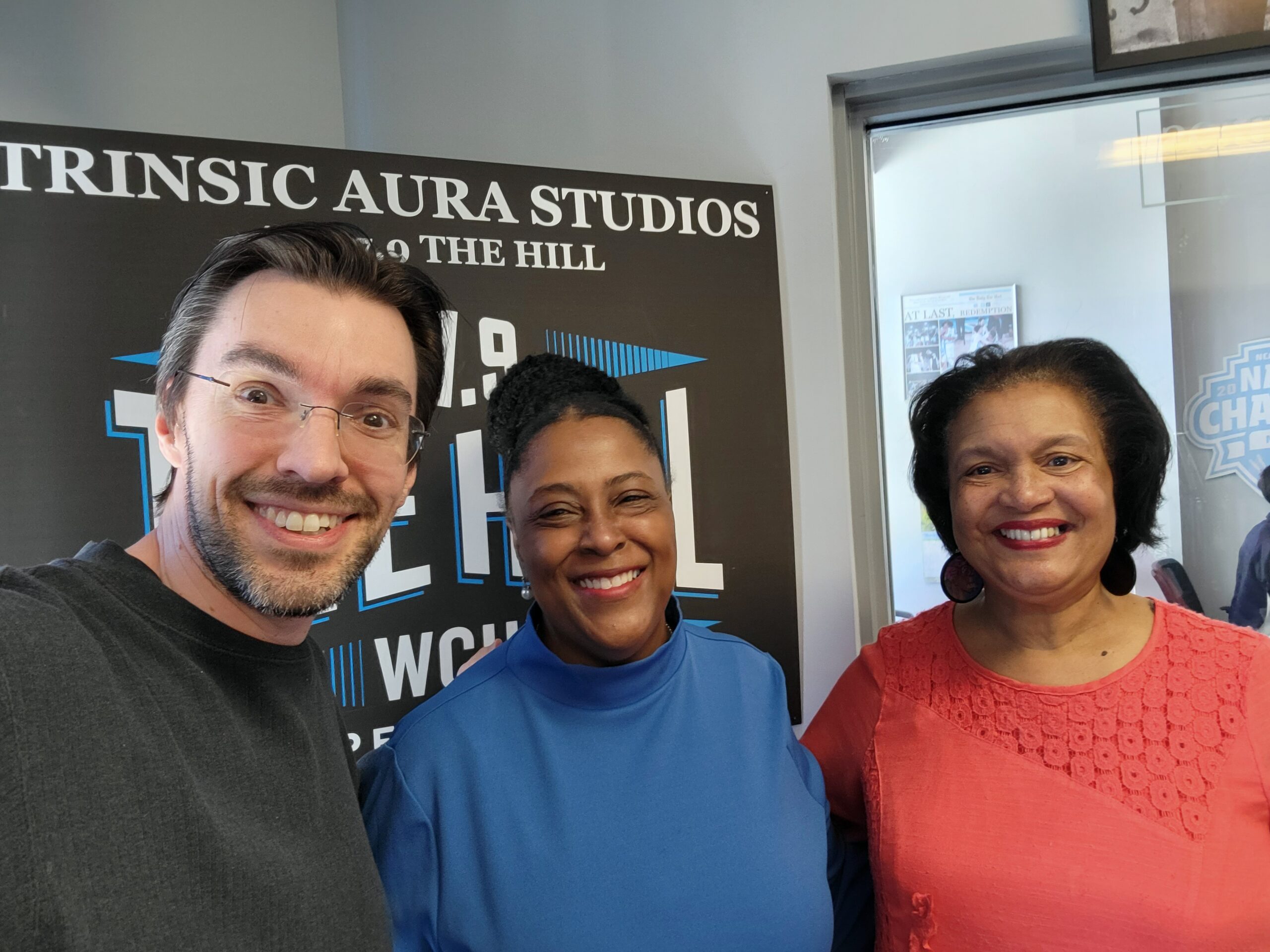UNC faculty led a discussion about issues related to building names and monuments around campus at the Parr Center for Ethics Forum on Naming of University Facilities Monday night.
“Am I opposed to those who want to tear down Silent Sam,” said UNC law professor Theodore Shaw. “Maybe that’s what revolution does and sometimes we need revolution, but I am much more interested in an honest rendition of history, so that it isn’t, as we say in the black community, ‘only his story.'”
The issue of building names at UNC was brought to the forefront this summer after the Board of Trustees renamed Saunders Hall to Carolina Hall. Students and faculty called for the renaming due to Saunders’ connection with the Klu Klux Klan.
Law professor Al Brophy said he thinks there are many other buildings that could also be examined.
“I hope what springs from all this important discussion is a renewed sense of who people were, why those ideas were powerful and relevant, why someone would be honored at the time and maybe something about how far we’ve come from there,” he said.
Brophy said he thought the possibility of getting monuments or buildings changed was small, due to recent changes that have been made at UNC and across North Carolina.
In their decision about Saunders Hall, the Board of Trustees placed a 16 year freeze on renaming buildings.
Also last summer, the state legislature made it illegal to alter or remove state monuments without the consent of the legislature.
“I don’t know any other way to say it,” Shaw said. “It’s a slap in the face to African Americans. What is the thinking behind the legislature? It’s our heritage. Who is our? It’s not everybody’s heritage.”
History professor Fitz Brudage said he thought there might be a place for civil disobedience.
“We as a campus community, could start to refer, I’m just picking Ruffin Hall, and on this campus it may not be formally renamed, but we as a collective community decide Ruffin Hall will be Chambers Hall.”
Brundage picked the named Chambers to honor Julius Chambers, who was a graduate of UNC’s law school and started the first integrated law firm in North Carolina history.
Brundage said just because you can’t change the law, doesn’t mean you can’t try to change the culture.







Comments on Chapelboro are moderated according to our Community Guidelines